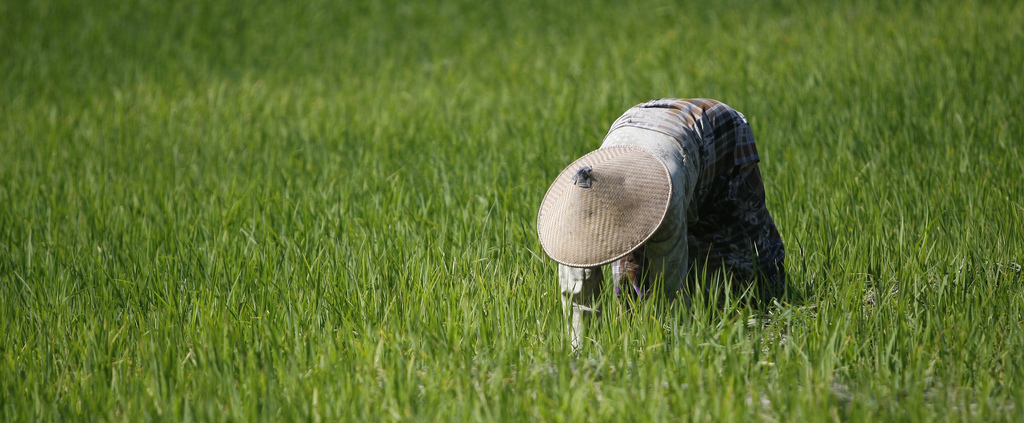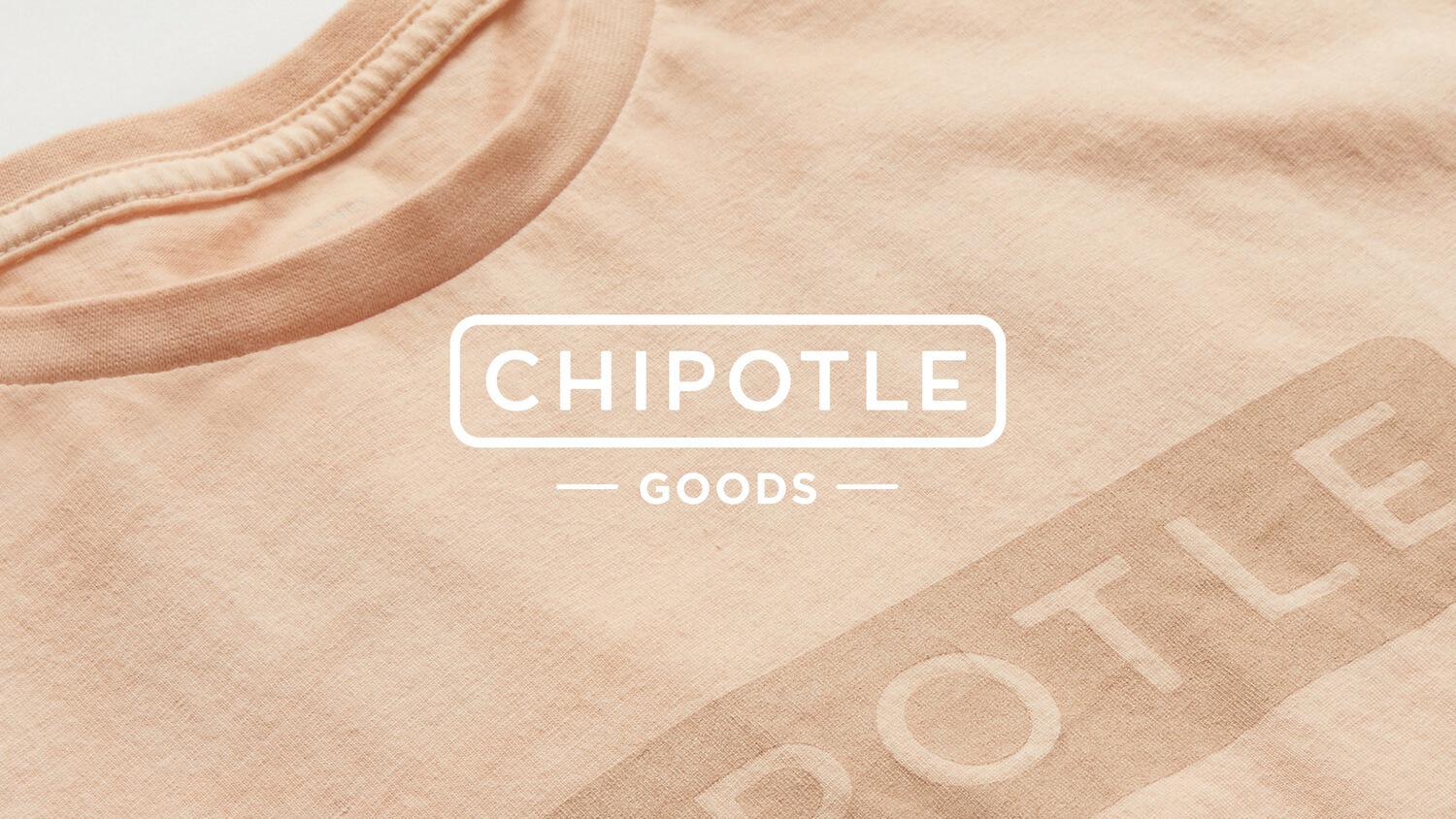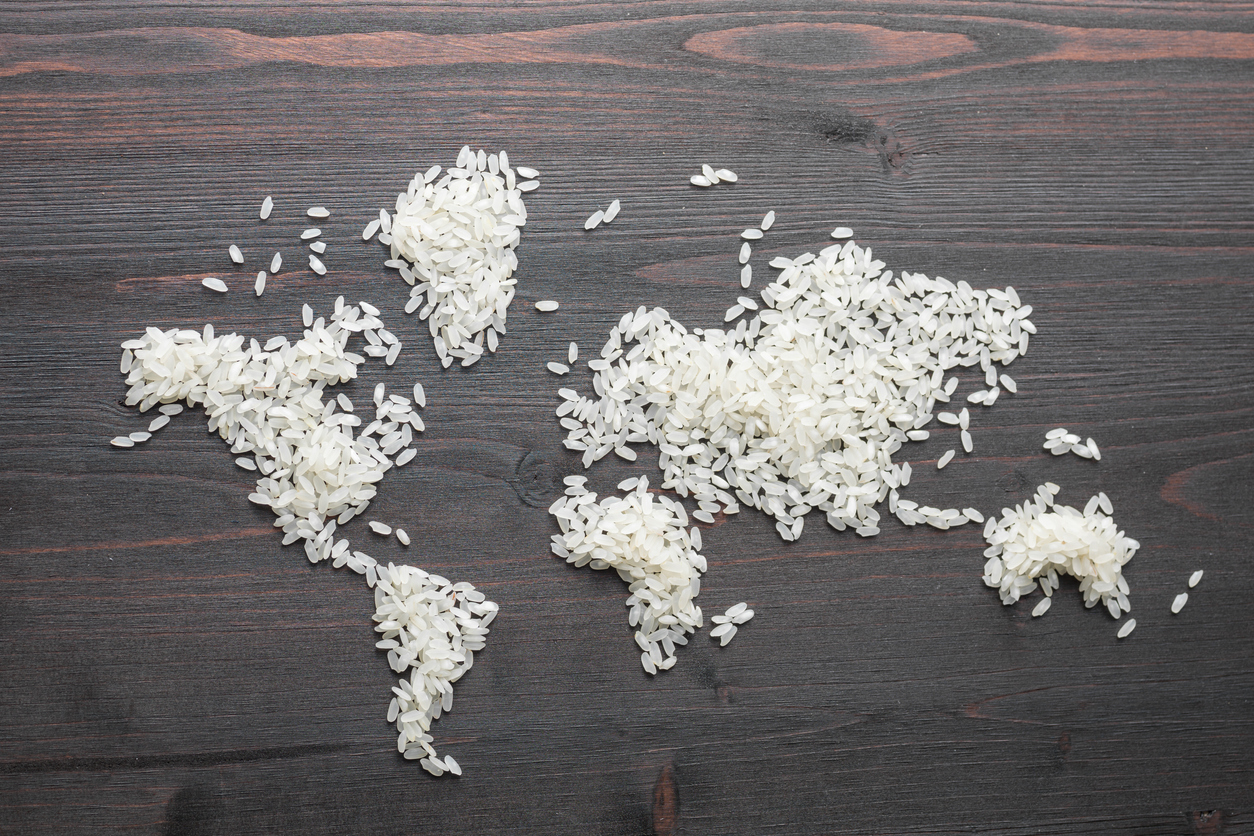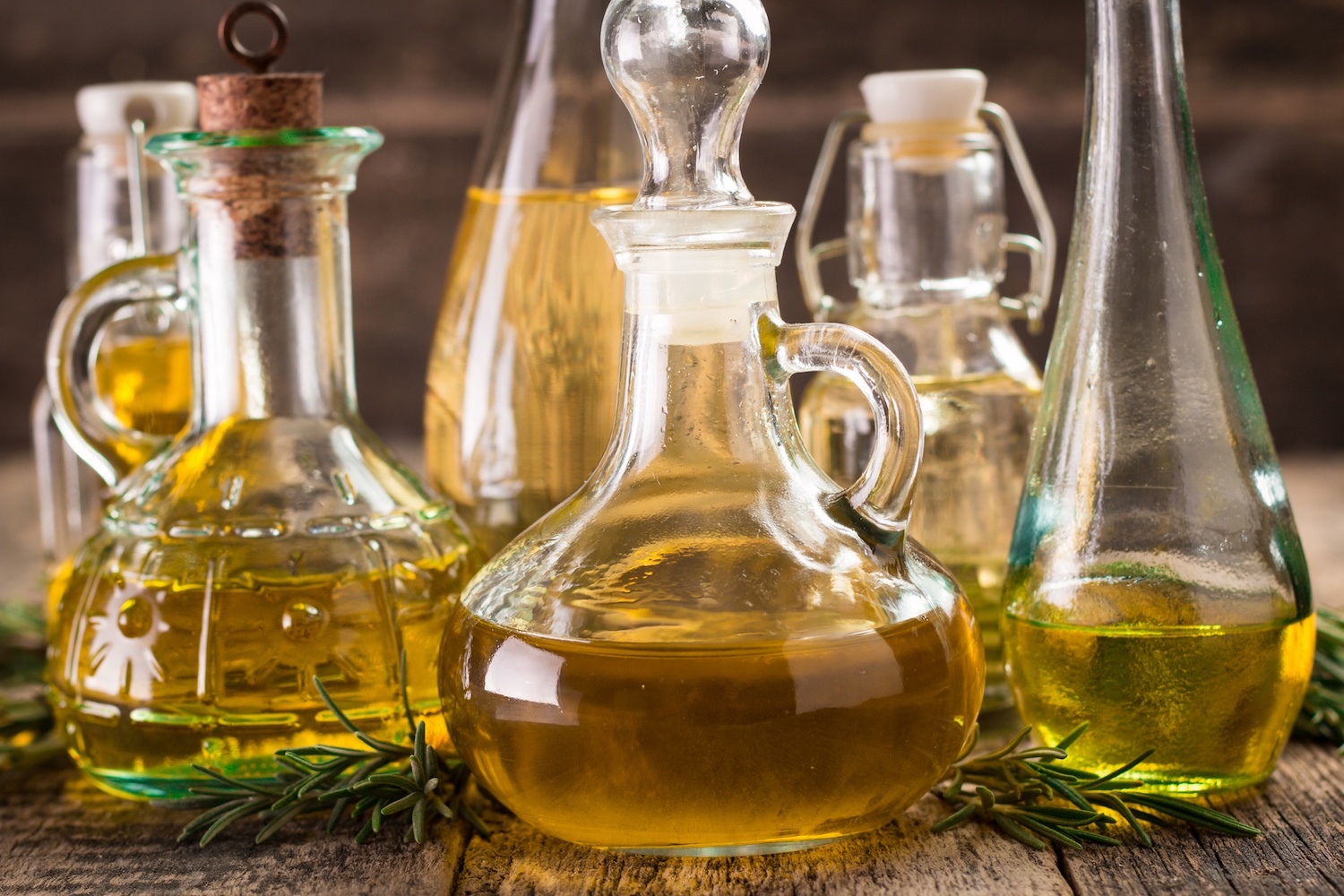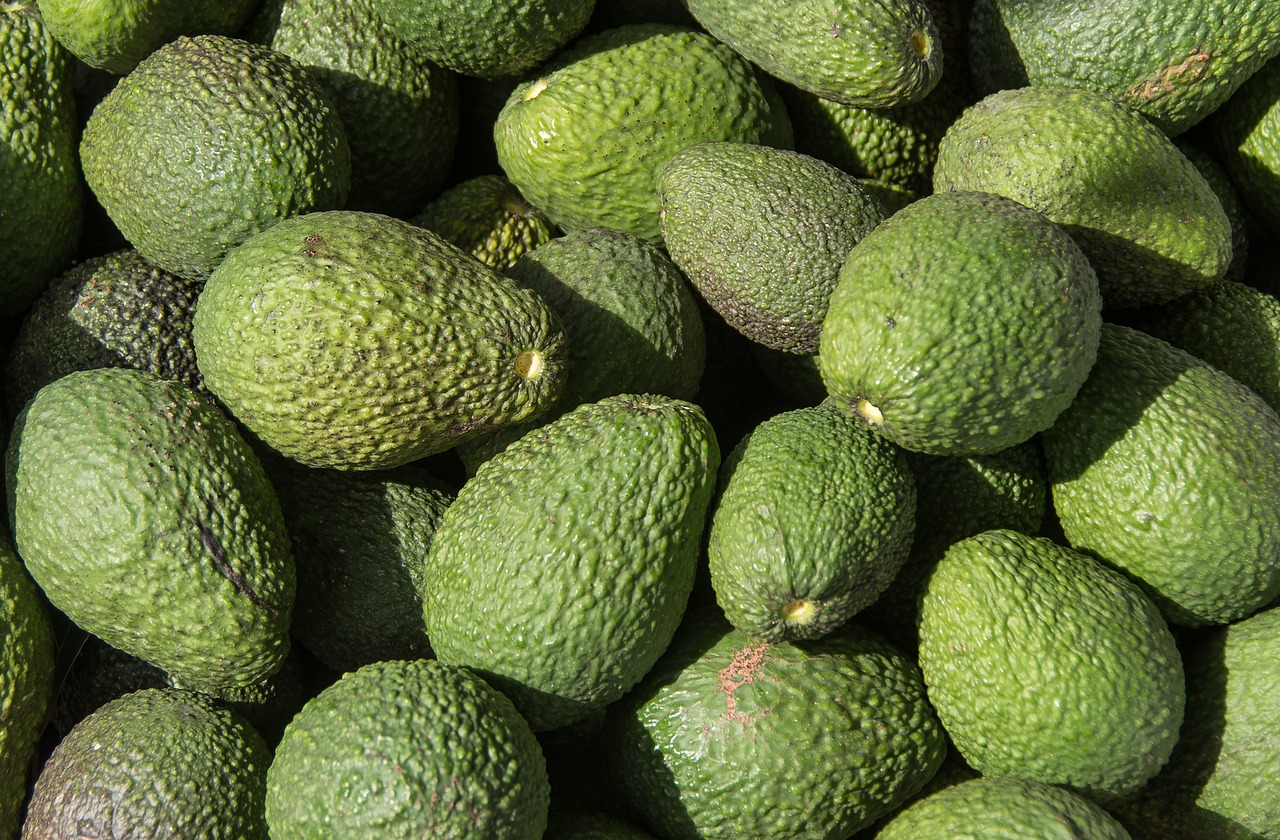High-profile chefs are rejecting the beloved avocado in favor of more sustainable foods
High-profile chefs are increasingly rejecting the widely beloved avocado in favor of more sustainable ingredients, reports The Guardian. Recently, Wahaca, the U.K.’s biggest Mexican restaurant chain, introduced an “avo-free” guacamole made with fava beans, coriander, lime, nuts, and seeds, citing how global demand is making the fruit unaffordable to the communities where avocados are indigenous. Elsewhere, chefs are seeking to replicate the color and texture of the creamy, versatile fruit with a combination of ingredients, including peas, Jerusalem artichokes, courgette, and ground pumpkin seeds. An emblem of millennial-era food culture—pricey avocado toast was once famously blamed for the generation’s sluggish rate of homeownership—the fruit’s soaring popularity in the past two decades has led to intensive and unsustainable production methods. Avocado farming is increasingly linked to deforestation, biodiversity loss, and water shortages. According to Danish watchdog media group Danwatch, growing a single avocado in a drier region such as Chile, where the fruit is widely cultivated for European export, consumes a mind-boggling 320 liters of water (that’s roughly 84 gallons). Avocado production has also been linked to cartel violence in Mexico, leading Irish chef JP McMahon to proclaim them the country’s “blood diamonds.”
